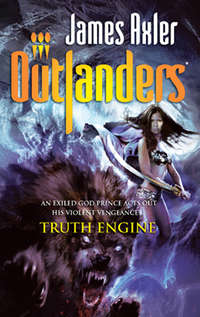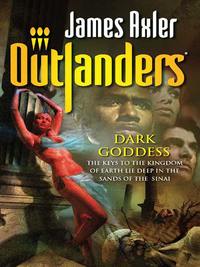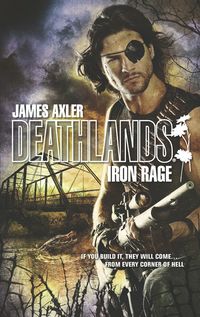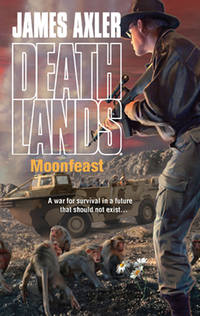Iron Rage

Полная версия
Iron Rage
Жанр: приключениягероическая фантастиказарубежные приключениясовременная зарубежная литературакниги о приключениях
Язык: Английский
Год издания: 2019
Добавлена:
Настройки чтения
Размер шрифта
Высота строк
Поля
Конец ознакомительного фрагмента
Купить и скачать всю книгу








